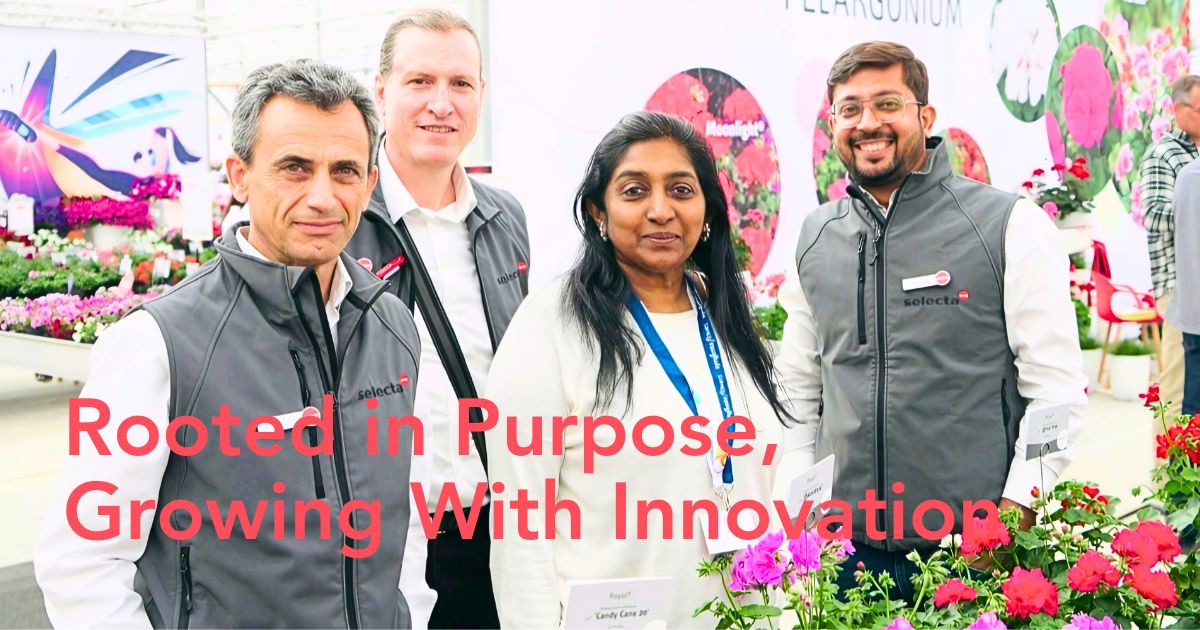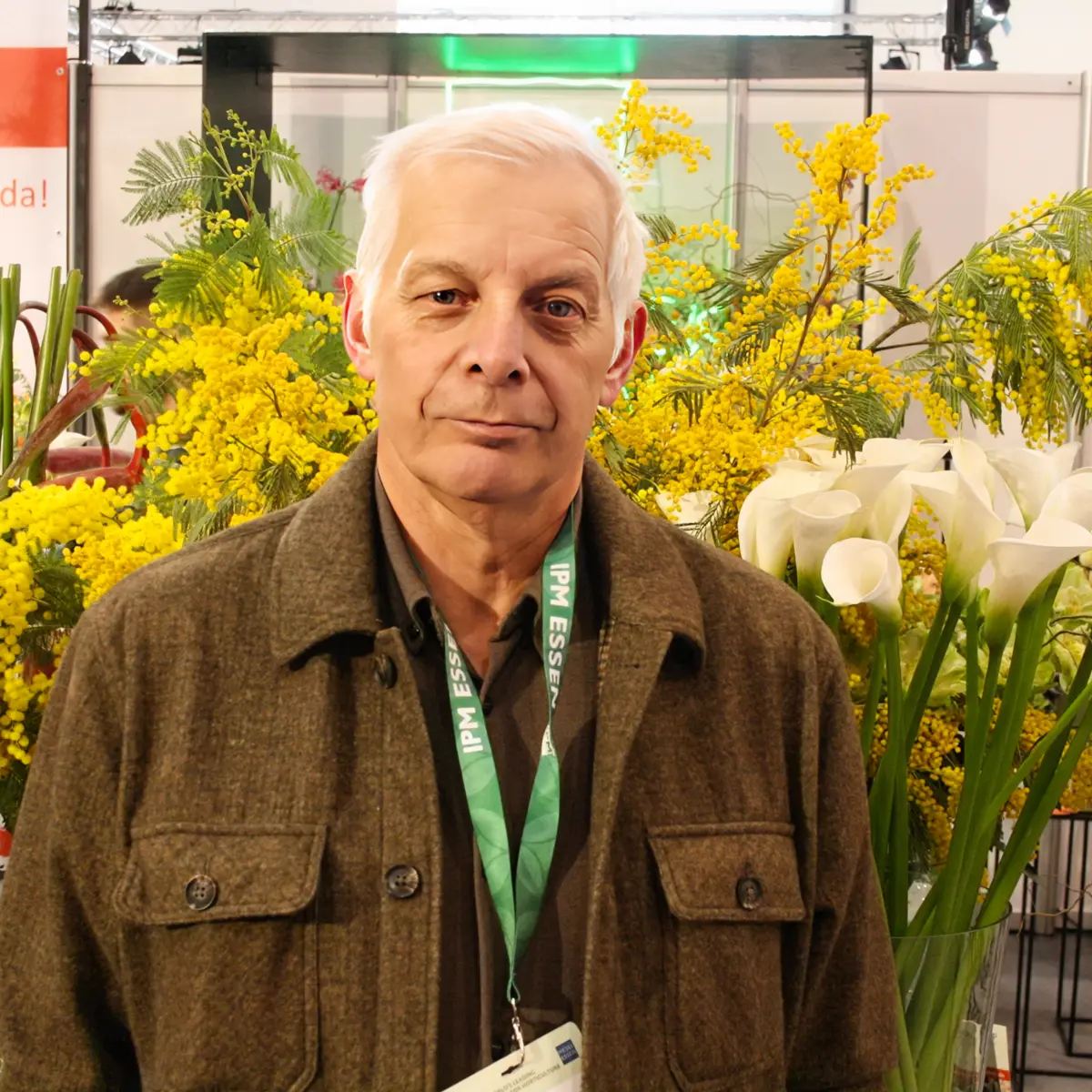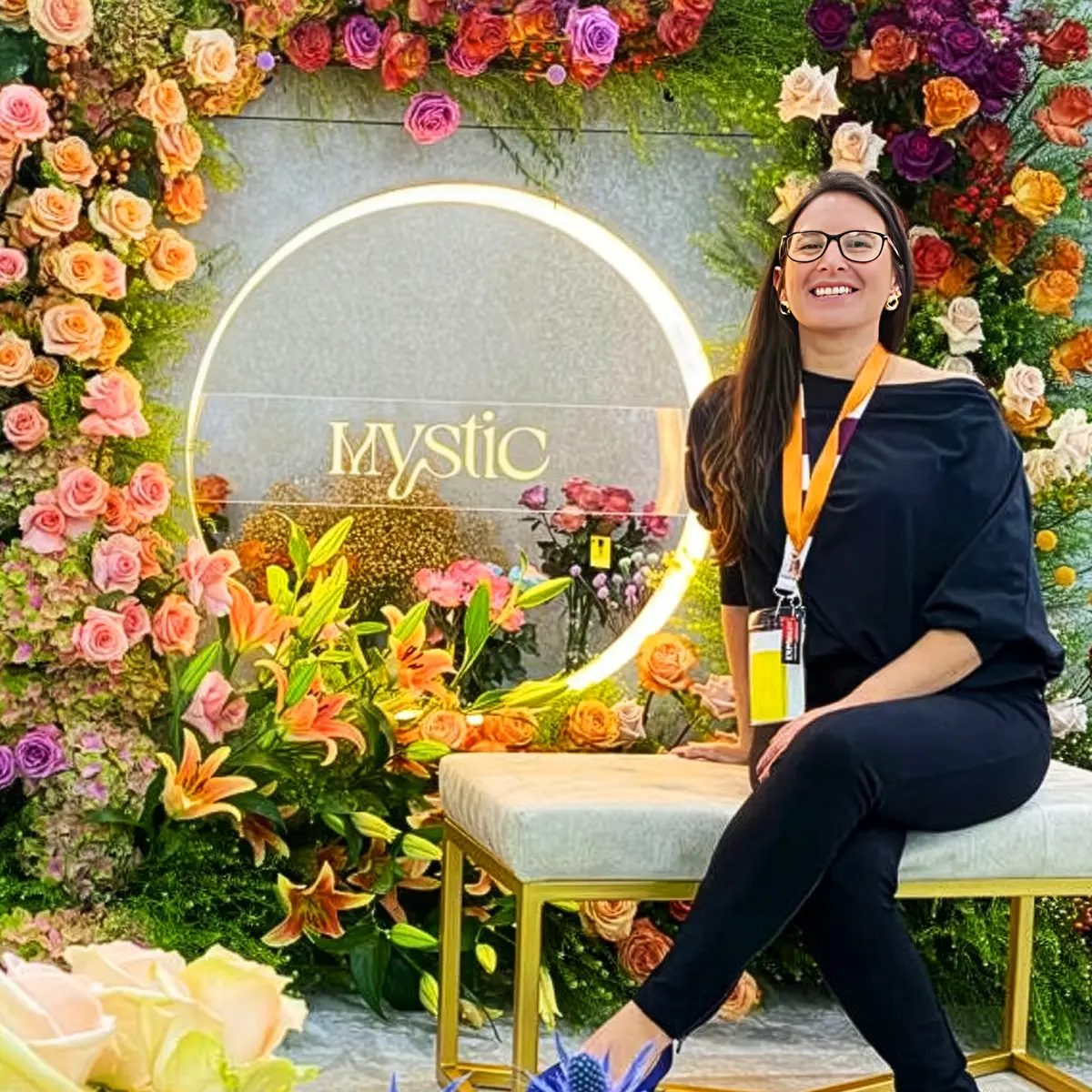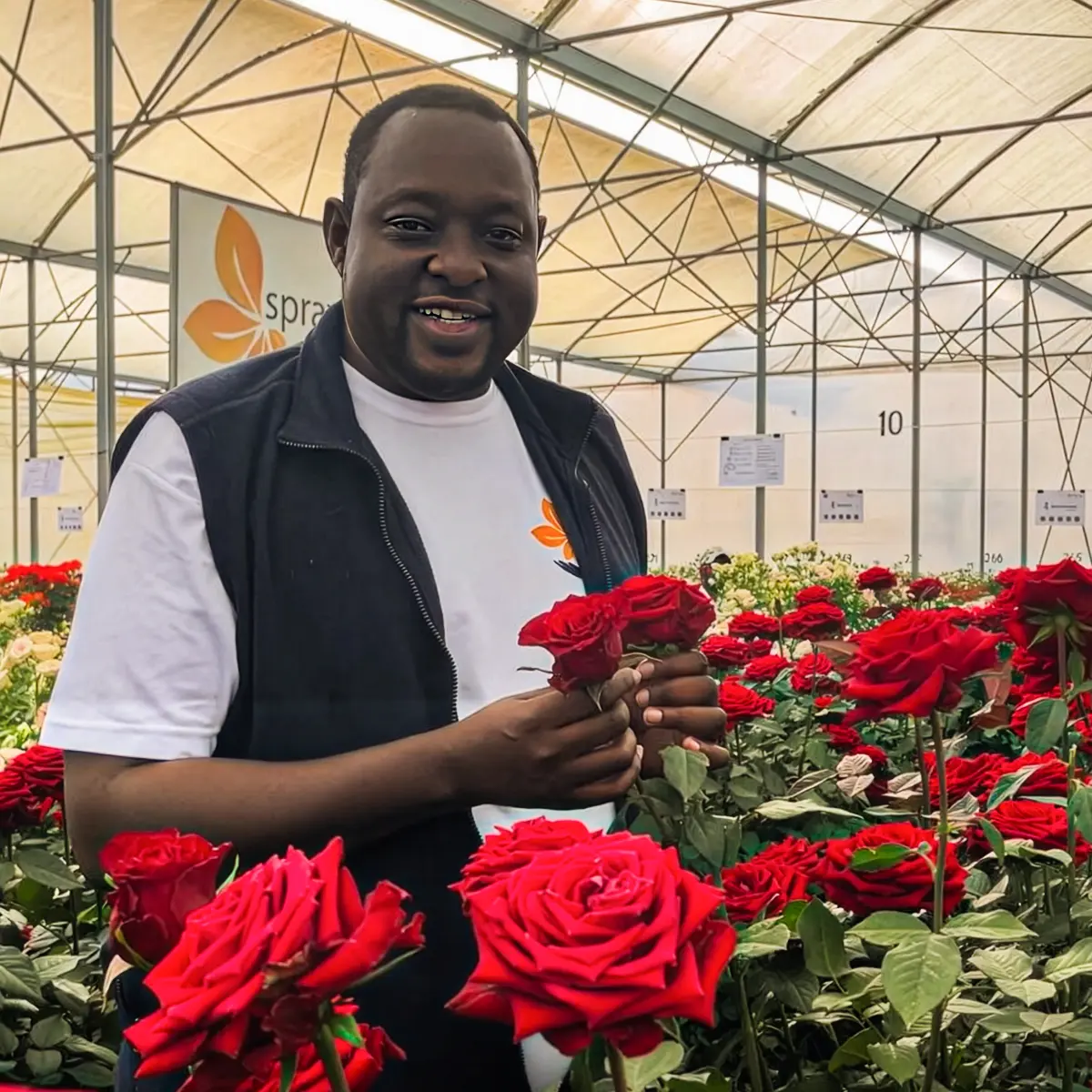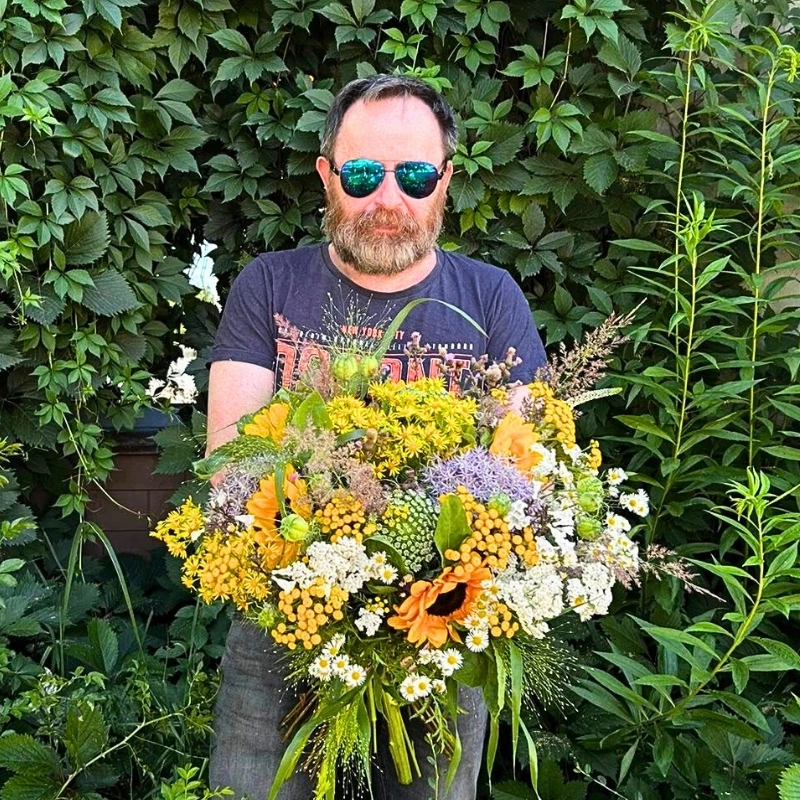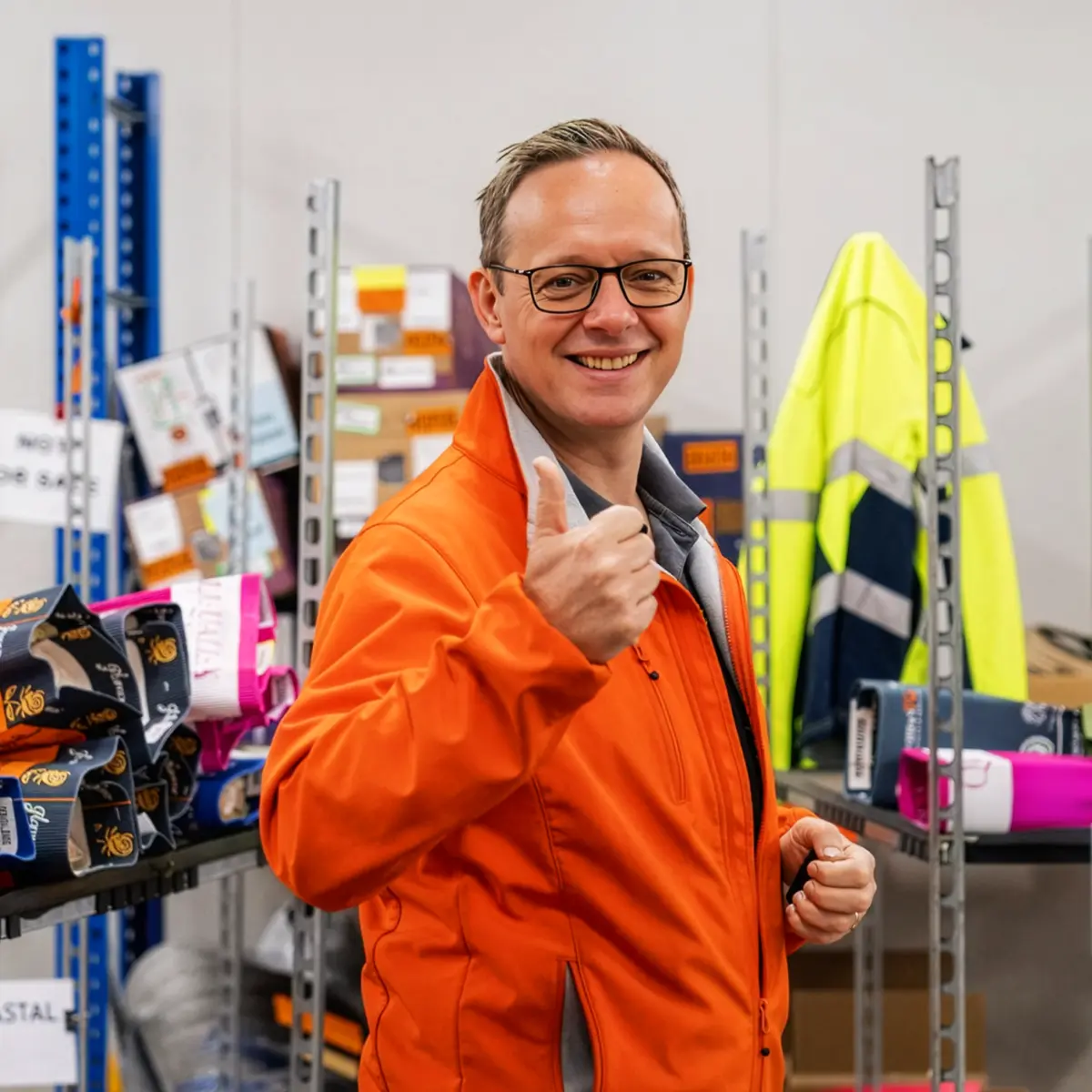This week on 10 Questions, we feature Rashmi Attavar — a dedicated force in agriculture and horticulture. As Joint Managing Director of Indo-American Hybrid Seeds(India) Pvt. Ltd (INDAM), she has spent over three decades cultivating innovation while staying deeply connected to the earth and its people. With a career rooted in plant science and shaped by global experience, Rashmi has helped advance hybrid seed development and sustainable floriculture in India. Through her leadership, storytelling, and outreach, she brings science to life, growing crops and communities and ideas that blossom far beyond the field.
Question 1
For those who don’t know you, who are you, and what do you do?
"I’m Rashmi Attavar, the Joint Managing Director at INDAM, where I’ve dedicated over three decades to nurturing innovation in agriculture and horticulture. My journey began with a degree in Plant Sciences from Utah State University, followed by hands-on training at Ball Seed Inc. in the U.S. That early exposure to commercial seed production shaped the foundation of my work at INDAM. Today, I lead efforts in ornamental plants, hybrid seed development, tissue culture, and biotechnology, working closely with farmers, scientists, and communities to improve both yields and lives. Beyond the lab and fields, I’m also a voice for the next generation of agriculturists through my writing and podcast(All Things Green), where I share the beauty of plant life and its deep impact on our world."
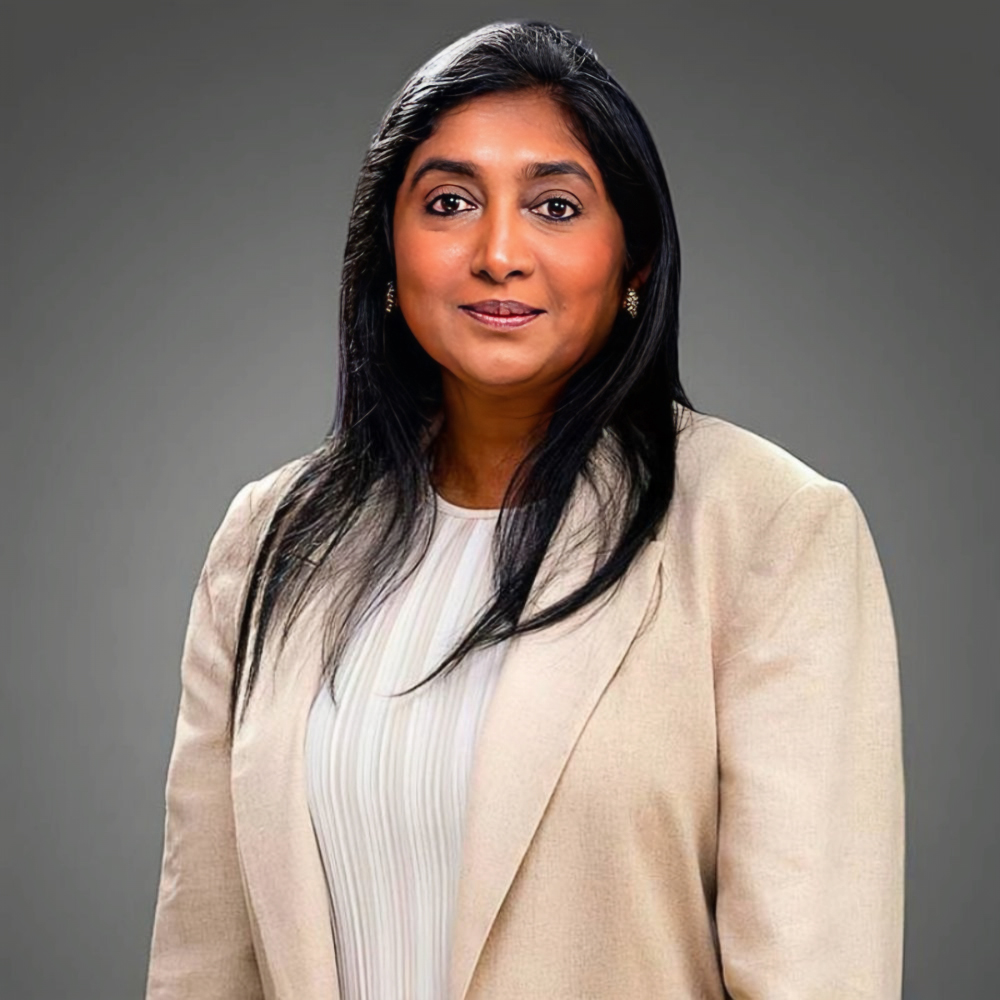
Question 2
What is so special about your job?
"What makes my work special is that it allows me to nurture life in its most literal form. Every seed we develop carries within it the possibility of nourishment, income, and even beauty. There’s a certain magic in knowing that your work can transform barren land into a field of vibrant crops or help a farmer feed their family more securely. At INDAM, I’ve had the chance to not only push scientific boundaries but also foster real connections with people, with nature, and with purpose. Watching a new variety thrive in challenging conditions or seeing a farmer smile after a successful harvest, that’s a reward no title or accolade can match."
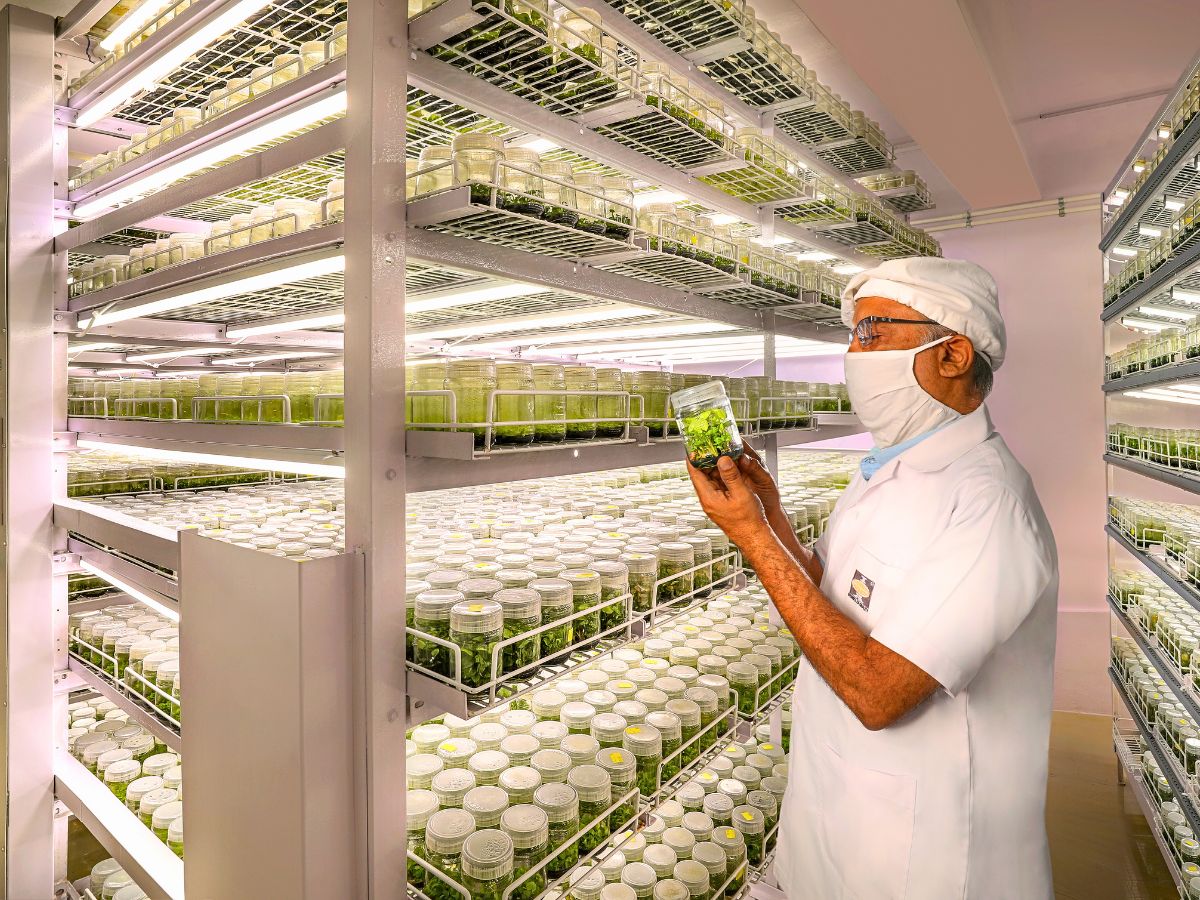
Question 3
Are there any specific challenges or obstacles you’ve faced at work, and how did you overcome them?
"In any industry rooted in nature, unpredictability is the only constant. Early in my career, one major challenge was gaining trust in a male-dominated agricultural landscape. I didn’t try to “prove” myself; instead, I showed up consistently, listened deeply, and let the results of my work speak for themselves. Another obstacle was balancing tradition with innovation. Introducing tissue culture and hybrid technology required both education and patience. We overcame resistance by focusing on collaboration, demonstrating impact at the grassroots level, one community at a time. Over time, trust grew, and so did the adoption of new practices."
Question 4
What are the threats in the industry, and if so, do you have any solutions for them?
"Climate change is perhaps the most urgent threat to agriculture. Unpredictable weather patterns, soil degradation, and water scarcity pose real challenges. Another issue is the fragmentation of knowledge; many small farmers still lack access to the latest research or technologies. I believe the solution lies in integrated thinking: combining biotechnology with traditional wisdom, policy support with local empowerment. At INDAM, we’ve invested in resilient seed varieties and actively work with extension programs to ensure farmers receive not just products but education. We must also look at agriculture holistically, as a system tied to environmental and social well-being."
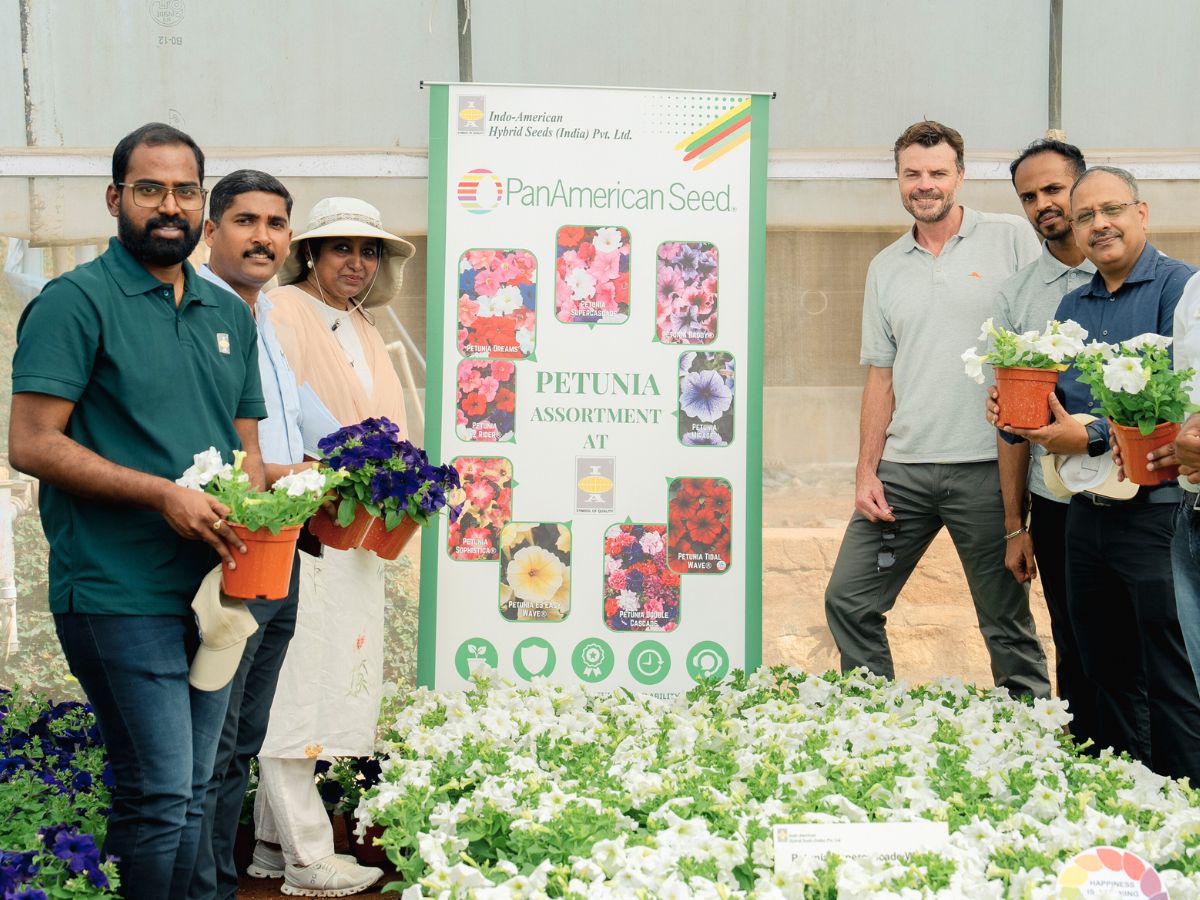
Question 5
How has technology, such as e-commerce platforms or digital marketing, affected your industry? What strategies have you employed to stay competitive?
"Technology has been a game-changer. From drone monitoring to WhatsApp-based advisory services, it has enabled more efficient farming and stronger farmer networks. E-commerce has opened new avenues, especially for ornamental plants, where we now directly reach urban consumers. At INDAM, we’ve embraced storytelling as a key part of our digital strategy. We don’t just talk about crops; we talk about the people growing them, the joy of gardening, and the science behind the seeds. Whether through blogs, podcasts, or short videos, we aim to create content that resonates, that educates, and most importantly, that inspires action."
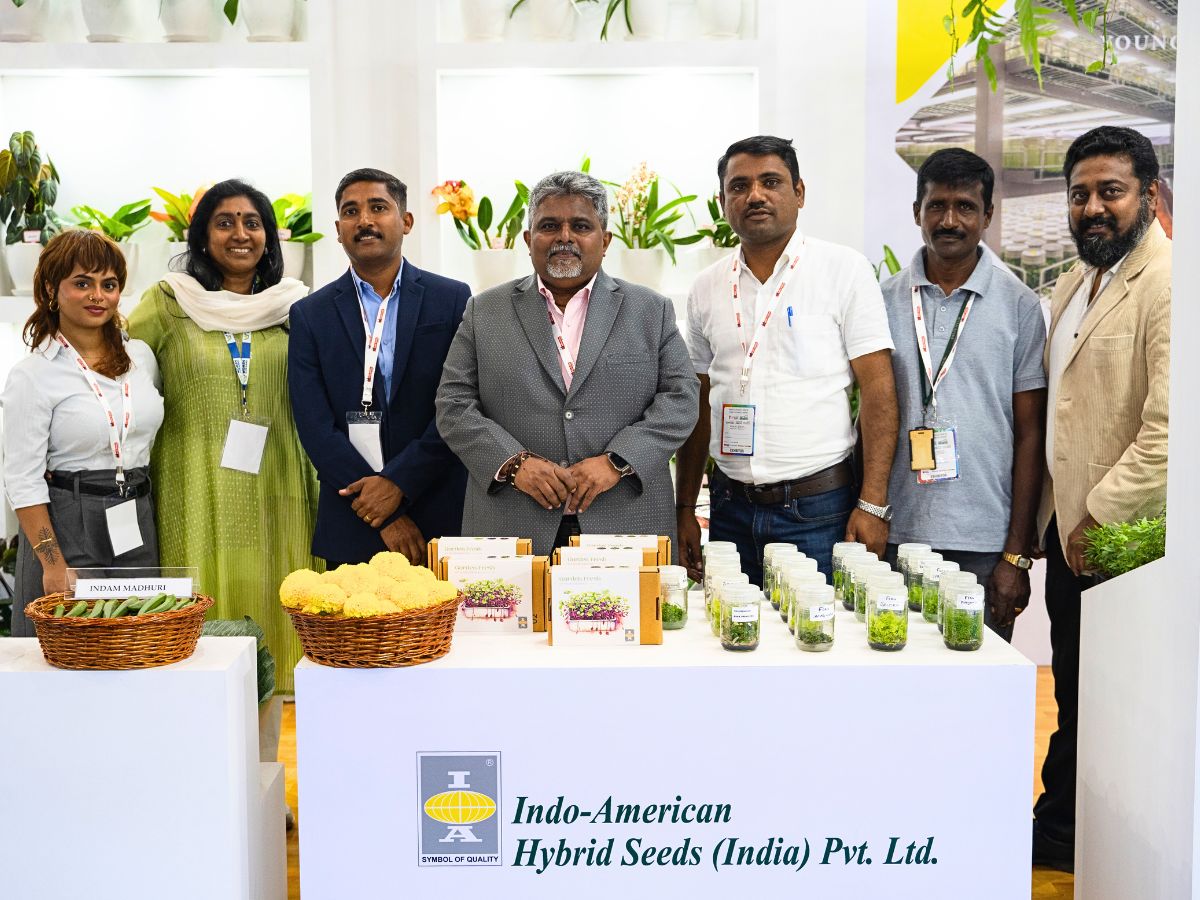
Question 6
Who (in or outside the floral industry) is an inspiring example to you? And Why?
"My father, Manmohan Attavar, has been the most enduring source of inspiration in my life. Long before floriculture was widely recognized as a commercial opportunity in India, he was already cultivating cut flowers in the 1970s—an act of quiet vision and bold thinking. His ability to see potential where others saw limitation taught me the value of perseverance, and his passion for horticulture continues to guide me. He approached every plant not just as a product, but as a living story, and that mindset has shaped my leadership philosophy."
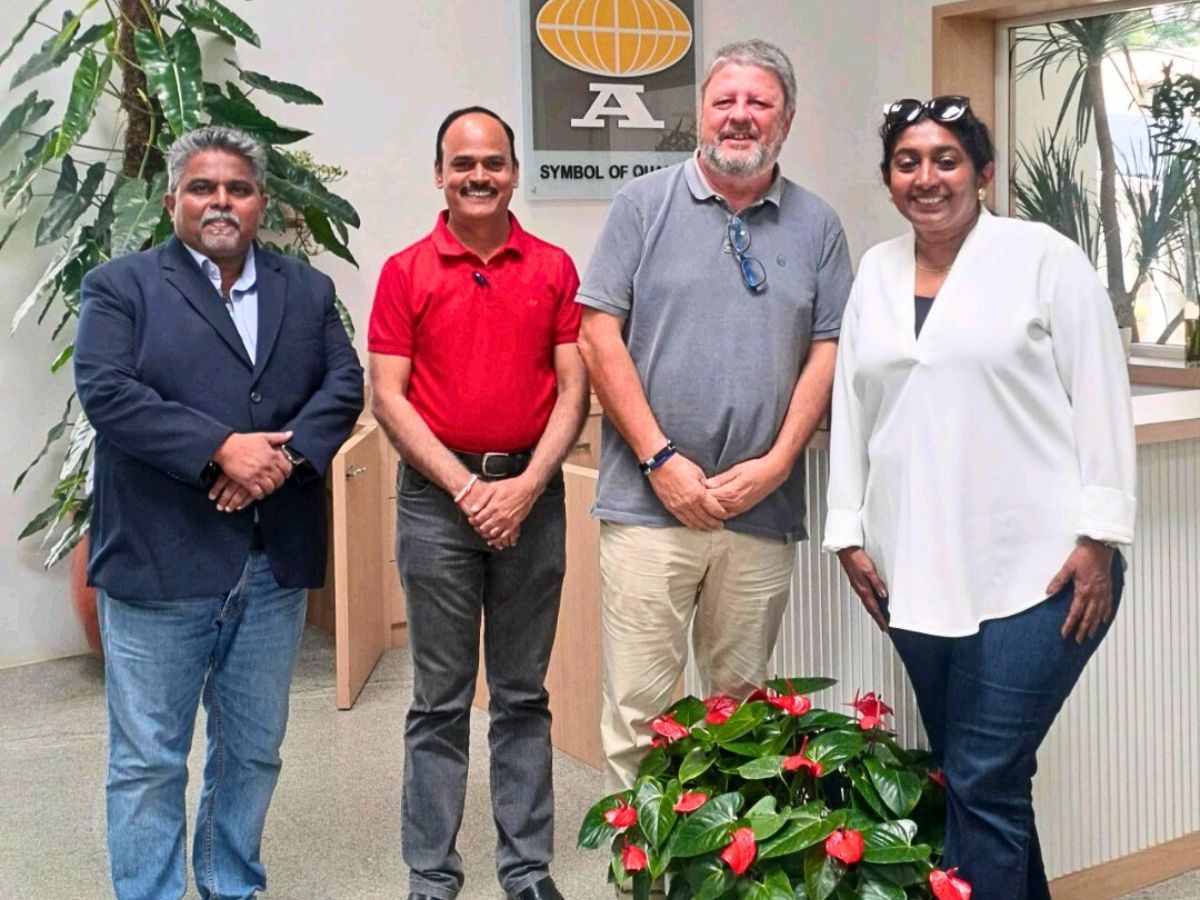
Question 7
How do you handle stress or difficult moments in your life?
"I’ve learned that nature often holds the answers. In difficult moments, I turn to mindfulness, be it tending to foliage plants, walking barefoot in the garden, or simply observing how orchids bloom slowly, in their own time. These rituals help me reset. I also believe in the power of community. Whether it’s a quiet moment with my team or a conversation with my family, shared spaces offer grounding. I don’t believe in running from stress; I meet it, understand it, and allow it to pass. Like seasons in agriculture, even the toughest times eventually give way to renewal."
Question 8
What has been the best (floral or non-floral) news for you lately, or of the last year?
"One of the most exciting developments has been the introduction of seed-raised cut flowers into the Indian market by multiple breeders. This marks a significant shift, not just in terms of innovation, but accessibility and sustainability. For years, vegetative propagation dominated the space, but seed-raised varieties offer growers more flexibility, reduced input costs, and greater scalability. It’s a step forward for commercial floriculture, allowing more farmers to participate in global trends without compromising quality."
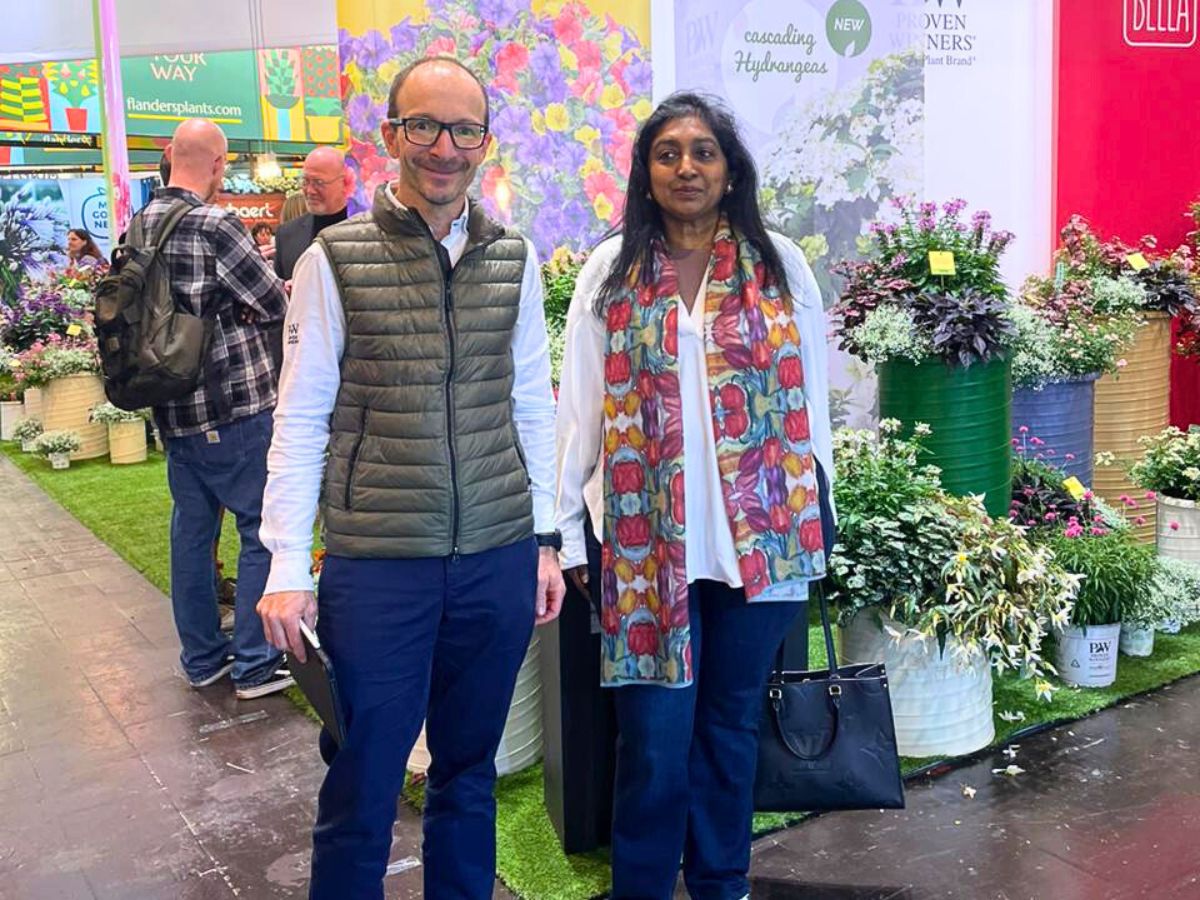
Question 9
Which is your favorite flower/plant, and why is it good for you?
"Orchids have always fascinated me. They’re elegant yet resilient, delicate yet enduring. There’s something poetic about how they require just the right balance of light and attention; a reminder, perhaps, of how we should treat ourselves and others. On a personal level, tending to orchids helps me practice patience. They don’t bloom on demand, and that’s part of their beauty. Professionally, I’ve worked extensively with ornamental crops, and orchids always stand out as a symbol of sophistication, creativity, and quiet strength, traits I hold close in both life and leadership."
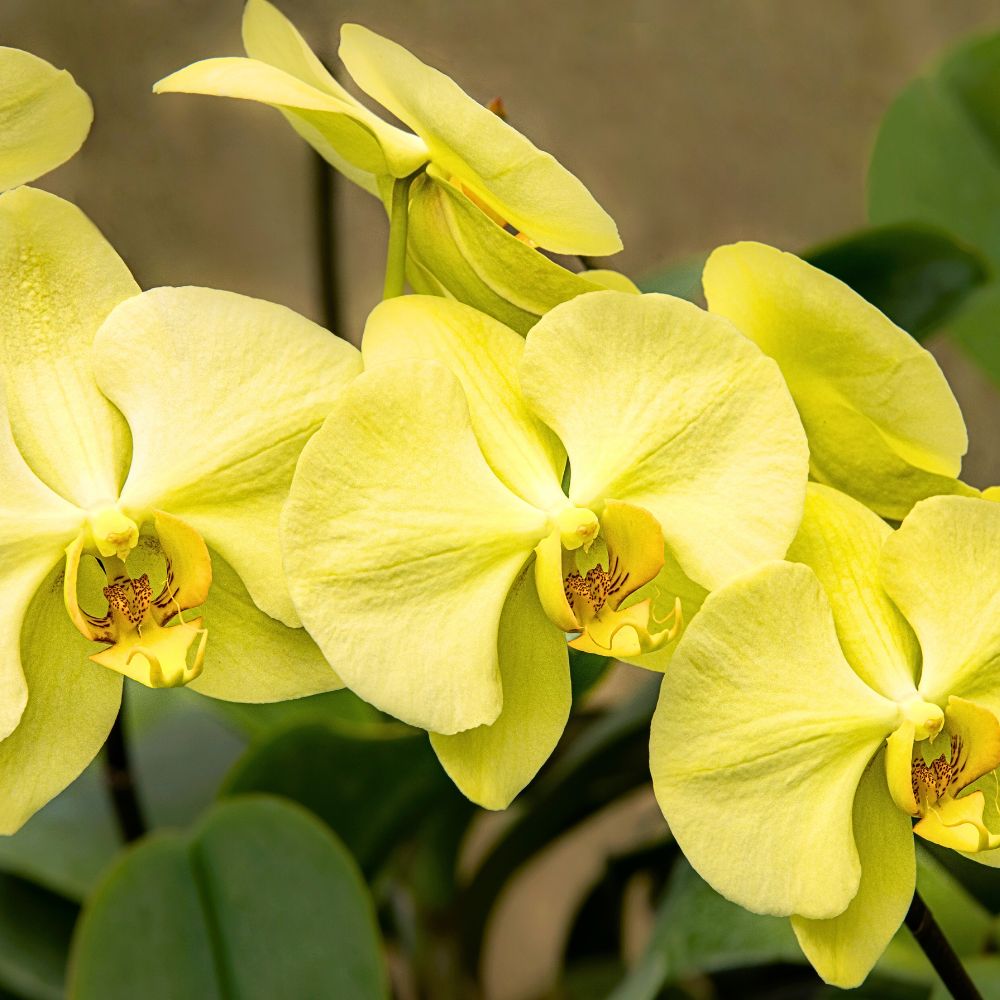
Question 10
What are you doing this weekend?
"This weekend, I’m heading to my hometown, the sea calls me. There’s something deeply healing about watching the sun set over the water, hearing the rhythm of the waves, and eating the local delicacies that remind me of my roots. I plan to spend time with family, visit an old nursery I love, and see trees that have seen it all for centuries. Maybe I will even record a podcast episode on the therapeutic power of coastal plants. It’s my way of recharging by reconnecting with where it all began."

All pictures courtesy of Rashmi Attavar.

